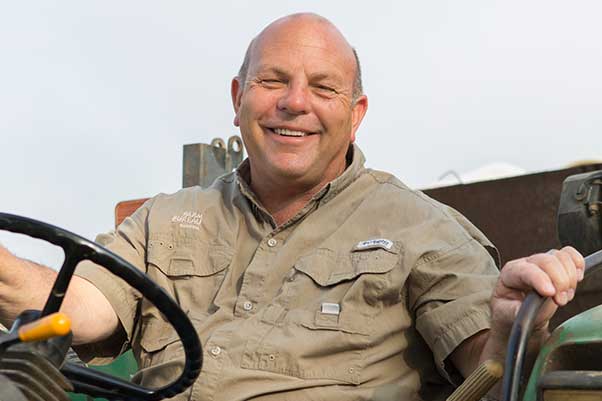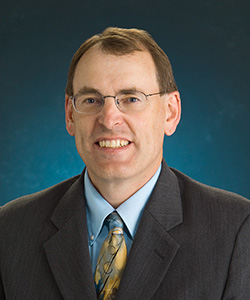Water is a touchy subject, especially when it comes to our agriculture and environmental discussions these days. I have to admit that I was worried about this from day one. The Environmental Protection Agency announced it intends to reverse the Navigable Waters Protection Rule.

American Farm Bureau Federation President Zippy Duvall his organization is very concerned about the idea and its potential impact on the nation’s farmers.
“The American Farm Bureau Federation is extremely disappointed in the Environmental Protection Agency’s announcement that it intends to reverse the environmentally conscious Navigable Waters Protection Rule,” Duvall says, “which finally brought clarity and certainty to clean water efforts. Farmers and ranchers care about clean water and preserving the land, and they support the Navigable Waters Protection Rule.
“Administrator Regan recently recognized the flaws in the 2015 ‘Waters of the U.S. Rule’ and pledged not to return to those overreaching regulations,” he added. “We are deeply concerned that the EPA plans to reverse the Navigable Waters Protection Rule, which puts the future of responsible protections at risk. We expected extensive outreach, but today’s announcement fails to recognize the concerns of farmers and ranchers.”
Duvall, a third-generation Georgia farmer, says this is an important moment for EPA Administrator Michael Regan and will be pivotal to his ability to earn the trust of farmers on this and other administration priorities. Duvall says the EPA boss must “keep his word” to recognize the efforts of agriculture and not return to flawed, overly-complicated and excessive regulations.

“We call on the EPA to respect the statute, recognize the burden that overreaching regulation places on farmers and ranchers, and not write the term ‘navigable’ out of the Clean Water Act” Duvall says. “On this issue, and particularly prior converted croplands and ephemerals, we also urge Secretary Vilsack to ensure that we don’t return to the regulatory land grab that was the 2015 ‘WOTUS’ Rule.
Duvall adds that clean water and clarity are paramount, which is why farmers shouldn’t need a team of lawyers and consultants to farm.
From a personal perspective, why can’t we meet in the middle here? You do realize that farmers don’t get to stay in business and pass on the operation to their kids if they don’t take care of their environment?
Am I anti-environment by being concerned about farmers? I’m not. I’m saying there has to be a way to preserve the environment and still allow farmers to make money. After all, they do feed us, remember? Food doesn’t just show up at Safeway.

